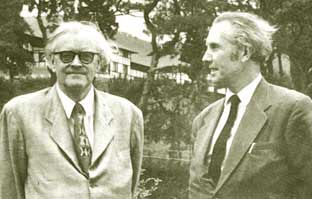We are surrounded by messages – glances, behaviours, sounds, texts, billboards, signs, structures… But how do we consciously (or unconsciously) navigate this space? Meaning lies just beneath our immediate gaze, and yet has everything to do with the way we experience what we believe to be ‘reality’. The spaces within which we operate are built out of conscious and unconscious material and immaterial intention, and the individual subjects that act within those spaces carry the capacity for multiple trajectories. In other words, a single person may read and respond to symbols in a variety of ways depending on his or her own particular state of mind at a particular moment in time. In a sense, everything we open our eyes and see is immediately constructed anew in our minds – using a crucible of ingredients drawn from memory and experience. Depending on our familiarity with the space, we may act in a particular way, testing our assumptions as we recognise to a varying degree the extensions of power and influence that may or may not hold sway on our behaviour – social pressures, political boundaries, a menacing personality, etc. We may or may not realise we are being influenced to act or react in a certain way – either by ourselves, by others or by a multiplicity of actants that we cannot readily identify. To what extent is it our choice to act (or not) in a particular situation? Well, this kind of knowledge cannot be gleaned through statistics, surveys, or archival research. Though psychology can do its part in reconstructing individual experience and thought processes, this larger, intricate space of multiple interactions that may inform religious, political, economic and social behaviour can only be studied through careful, patient participant observation.
This is anthropology’s contribution to the social sciences and humanities – a pain-staking method of detailing what we see, what we feel, what we perceive, and always questioning our own assumptions. Ethnography also entails long term, ethical commitment to the subject. This allows for a deeper level of trust wherein the issue of sincerity among informants and researchers can be back-grounded, and issues such as long term social transformation can be investigated in depth and with greater precision. With data in-hand we may then proceed to reflection. Ethnography elucidates meaning, and leads to understanding in relation to notions of being (ontology), and situational thought processes (epistemology).


